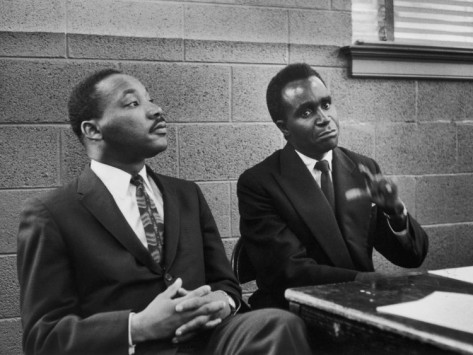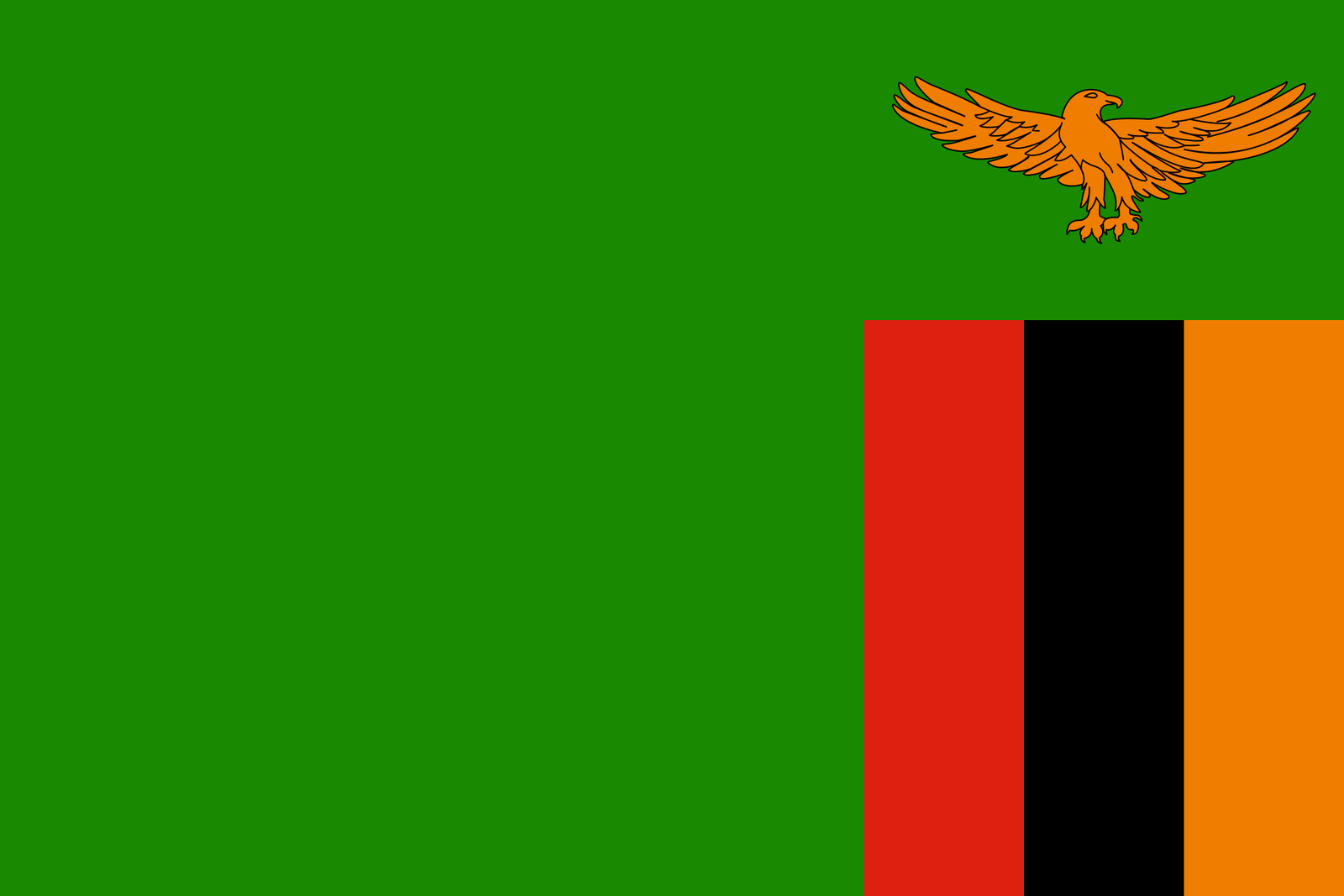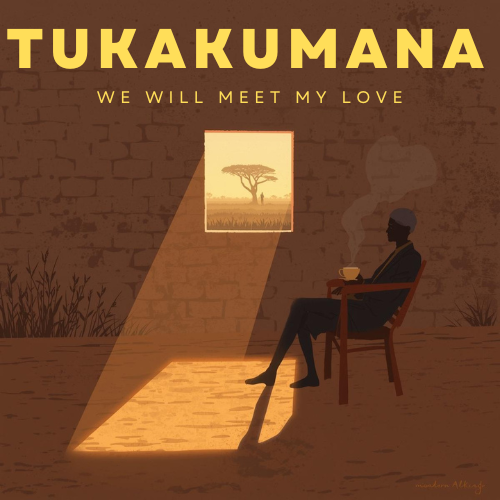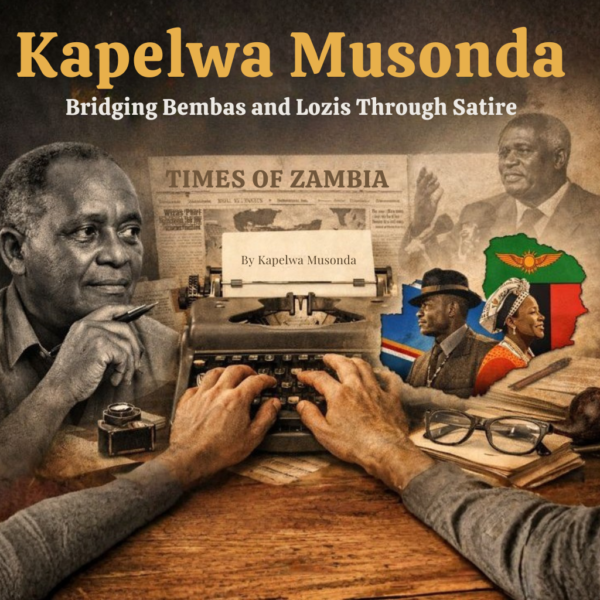(What It Meant For One 10 Year Old)
I will never forget Saturday, 24th October 1964, for several reasons. As a 10 year old living in Chamboli, Kitwe, Saturdays meant no early rise to go to primary school. This Saturday, however, was going to be different from all others before it, and the reason had its roots in the past – in particular, the promises made by one Kenneth Kaunda.
As children, we were easily excited by activities like a Caterpillar grader coming in to grade the untarred roads in the compounds. We would sit for hours watching as tipper trucks offloaded their laterite loads, the water bowser trucks watered the road to reduce dust, and then the grader went round with those funny angle front wheels. Finally, the Road Roller trucks would slowly trudge up and down, slowly pounding the road down into a smooth surface.
Political rallies were even more exciting. People on megaphones would go around the streets days before a rally to announce the time and location. On the day, a designated anthill would be prepared and decorated with party colours as a platform for the VIPs to sit on. Thousands of people would line the streets, singing songs and waving little flags. Finally, the noise would build up to a crescendo as the motorcade snaked its way round to the base of the anthill.
Party cadres would lift Dr Kenneth Kaunda(KK, as he was affectionately called) shoulder high and slowly take him up to the platform. The men shouted and clapped while the mothers, swathed in Chitenge dress embossed with political slogans, danced and ululated.
Finally, we would get a clear view of a smiling KK dressed in his smart suit with Chitenge cloth slung over his shoulder and waving his famous white handkerchief. He vibrates his raised hand in the air and shouts “Chisokone!” (“Rock It!”). Everyone waves back.
“One Zambia!” he shouts.
“One Nation!” the crowd responds.
The rally would then proceed with him explaining how his party were going to change things for everyone in Northern Rhodesia.
As a child, I had limited understanding of what was going on in the world. There were other things, though, I could relate to.
From an early age, I experienced the dread of pre-dawn Police raids. These were fearsome, noisy raids in which Police swooped into the neighbourhood in their trucks and Land Rovers at the crack of dawn. They conducted door-to-door searches for anyone who was in the area without a valid Police Pass (“Chitupa”). Relatives travelling from villages in search of work or social visits in towns were required to get approval to travel at a Police station. Then they were required, by law, to carry that stamped permit on them all the time, and to show it if asked by a policeman. Anybody who failed to produce their Chitupa would be hauled off to prison and later deported back to their village.
These raids were a terrifying experience for any child. My heart still misses a beat whenever I come face to face with a Policeman.
Image source: Worthpoint.com
KK promised an end to these raids. Even at that age, I could relate to that.
He promised that he was going to build more schools and hospitals for everyone. That sounded like a good idea.
He promised that every Zambian would be allowed to freely shop in the “Whites Only” shops in “First Class” and not just restricted to “Second Class” shops.
He said it would be possible to walk through the front door to go and buy meat from the butcher, instead of through a little hatch at the back of the building reserved for Non-Whites.
He said anyone could go and watch a movie in Astra Cinema(used to be opposite present day Shoprite on Matuka Avenue) or Rhokana Cinema(in Nkana West) instead of being restricted to the Bioscope evenings when a truck would come and park in an open space in a compound. They would put up a big white screen and set up a projector to screen newsreels or movies of Indians and Cowboys!
He said trains, planes, park benches, water drinking fountains, public toilets and other facilities would no longer be divided between “Whites Only” and “Blacks and Non-Whites”
He said any Zambian who worked hard enough could own a big house and live in the Kitwe suburbs of Nkana East, Nkana West, Riverside and Parklands.
These ideas raised peoples’ hopes in a future where things would change for the better. There was a palpable optimism among adults and children alike.
Later, when I was in Primary School, classes would be suspended and we would go and line the streets to welcome KK whenever he came to Kitwe to hold his rallies. We got to see other members of his party, like Simon Mwansa Kapwepwe – Vice President 1967-1970(He would later visit Chamboli Secondary School to lecture us on the importance of not letting other people define our reality), John Mwanakatwe(Minister of Education 1964-1967), Sikota Wina – Minister of Health 1964, and others.
It therefore came as no surprise that on the eve of 24th October, 1964, the mood had reached fever pitch.
The biggest event in Kitwe was held at Scrivener Stadium in Wusakile. My father, who worked as a Community Services Officer in Rhokana Mines (later known as Zambia Consolidated Copper Mines (ZCCM)), was intimately involved in the arrangements for what was a once-in-a-lifetime festival. People paraded, danced and sang, and best of all for a 10 year old, there was free food and drinks for everyone – a tradition that would carry on for a number of years.
The festive mood carried on outside the stadium. People used their dustbins as drums and sang and danced in the streets. Everybody looked forward to the fulfilment of the many promises that had been made during the political campaigns.
We were taught that the Zambian flag (designed by famous Artist Gabriel Ellison, who also designed a lot of Zambian postal stamps) was a reminder of our land resource (Green), the suffering and bloodshed in the struggle for independence (Red), African people (Black), Mineral – Copper resource(Orange). Our freedom and ability to rise above our problems is symbolized by the Eagle.
We were taught the Zambia National Anthem in Bemba and English. The melody and lyrics worked to evoke an emotional response and to heighten expectations.
Looking back, I can safely say these things came to pass.
The politicians KK chose to work with him came from all over Zambia. The phrase “One Zambia, One Nation” permeated all layers of society. Just as our mining fathers were from all tribes in the country and farther afield, so we were encouraged to see our fellow students as one with us, no matter which part of the country or the world they came from. KK saw White people as another Zambian tribe that formed part of the Zambian community.
There was a new Primary School built in Chamboli to which we moved for our second part of Primary School. Then we moved to a newly built Chamboli Secondary School.
Racial segregation legally became a thing of the past and Zambians were able to dream and strive to be all they could be in the global community.
The promise of 24th October, 1964 has stood the test of time.
2021 is a special year. It’s the year in which President Kaunda died, aged 97, and the first year Independence Day is celebrated without him being around.
KK has left us a positive legacy to build on. That was the beginning. The ongoing task is for all generations. There’s a Bemba saying: Mwikala patalala mwine apatalalika” (He who desires peace must work to ensure that peace is achieved).
Current global emphasis on preventing climate change has lead to the adoption of electric cars and a subsequent surge in copper prices. It’s yet another opportunity for Zambians in all walks of life to help use the opportunity availed to us to build the type of world we can proudly leave for our children and their children.

KK with Martin Luther King Jr (Attribution awaited)



This is a wonderful essay: it brought some tears to read it, and to fully realize that KK is gone. I wasn’t in Zambia on October 24th, 1964: I came 18 months later and stayed for nearly six years. To me Zambia was a paradise, a wonderful land of freedom, opportunity, and excitement, after years of privation while studying in the USA, experiencing conditions in the South, and watching cities in the north burn. Even though some of my fellow white people were afraid of what might happen in Zambia it was wonderful to me.
It makes me proud to see Zambians like Dambisa Moyo, Namwali Serpell, Nkandu Luo becoming famous on the world stage.